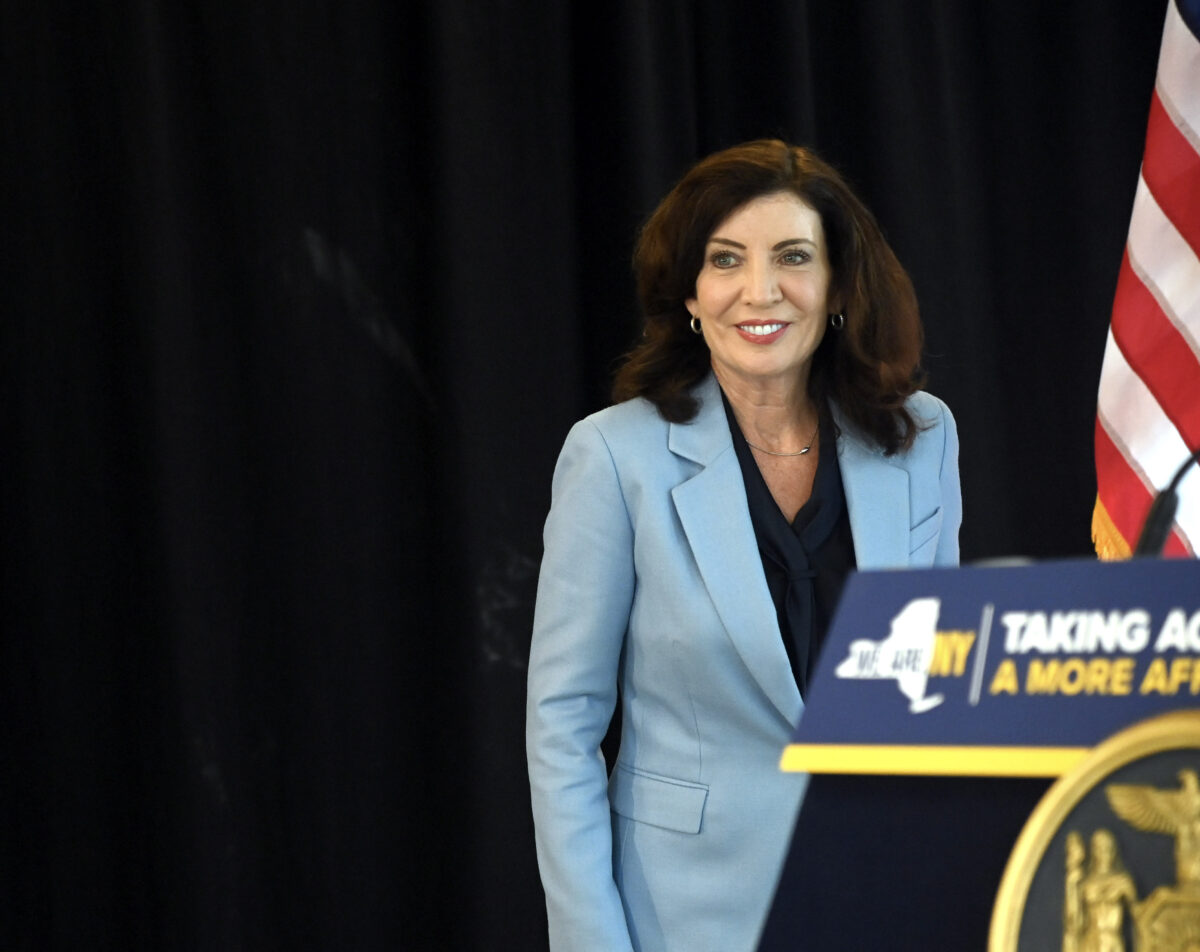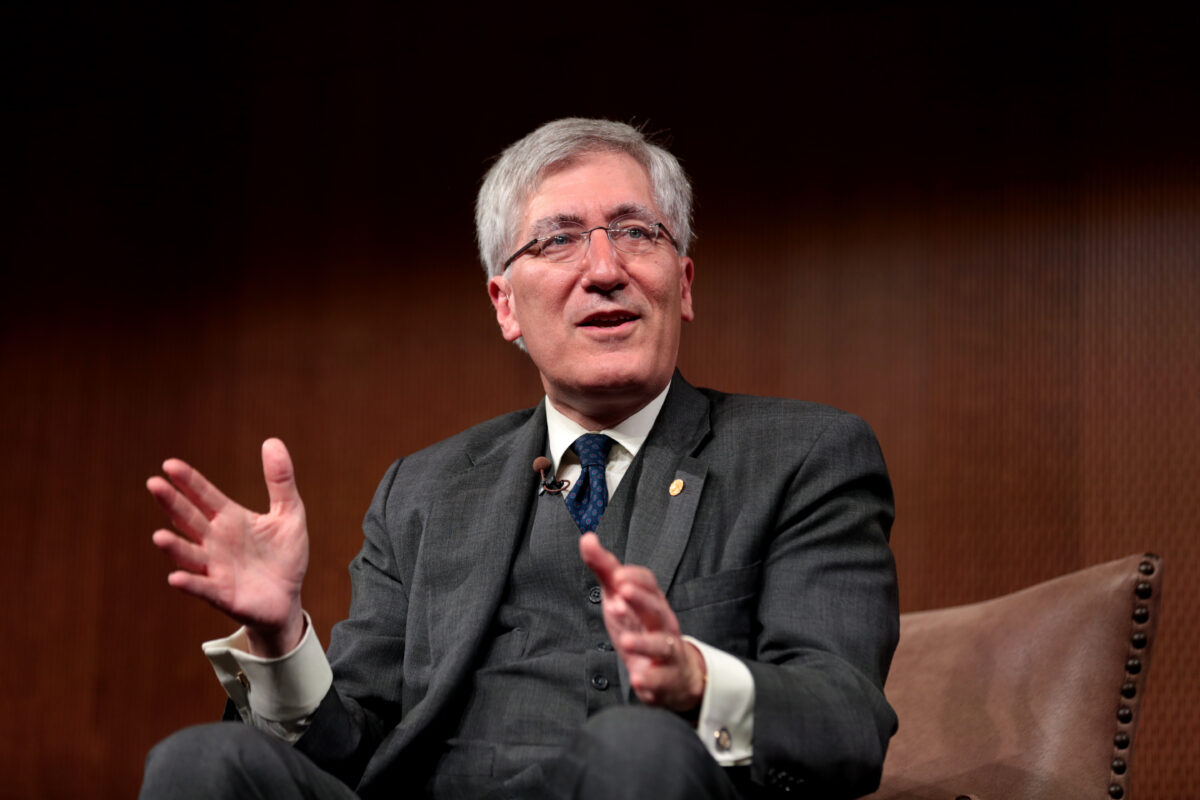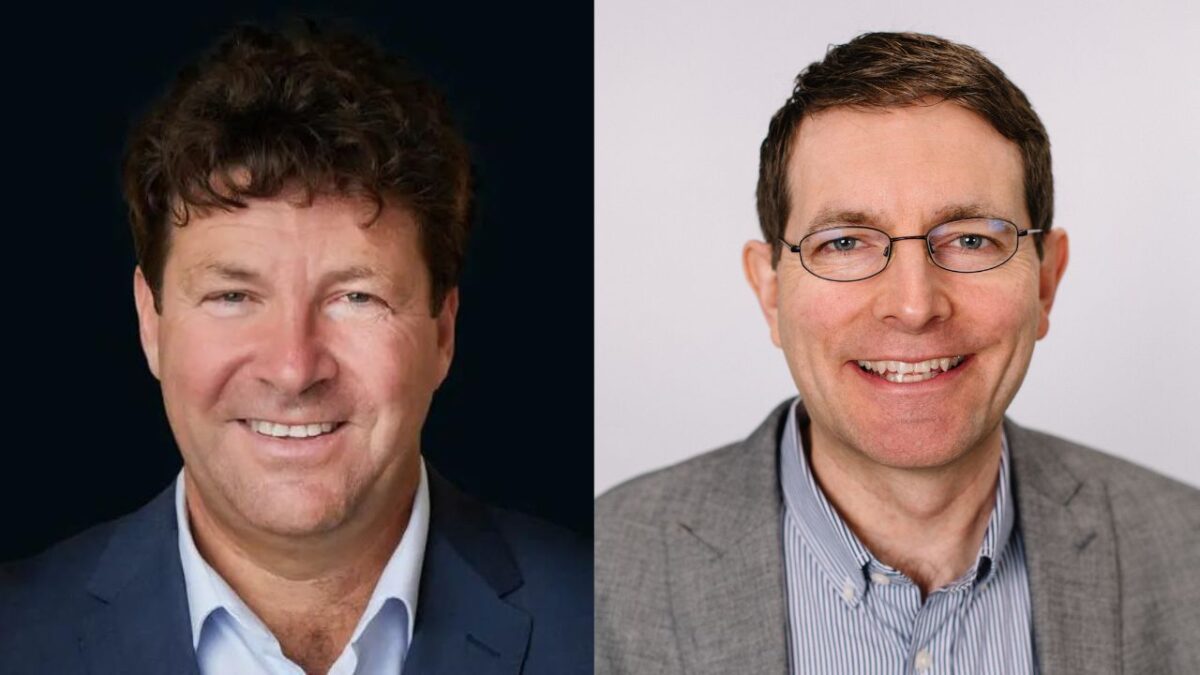
Center on Human Exceptionalism
The mission of Discovery Institute’s Center on Human Exceptionalism is to affirm and uphold the intrinsic nature of human dignity, liberty, and equality. In resistance to a growing movement against unique human personhood, we aim to revitalize a commitment to the traditional Western view of human rights and human responsibilities — summed up by the term “human exceptionalism.” Read more
Humanize

Inside China’s War on Women and Girls: Forced Abortion, Gendercide, and How One Woman Built a Secret Rescue Network with Reggie Littlejohn
- December 18, 2025
- 2
- Bioethics
Illinois Swallows the Hemlock of Assisted Suicide
- December 17, 2025
- 5
- Euthanasia
Wesley J. Smith Discusses the Legalization of Assisted Suicide in Illinois with EWTN’s Marcus Peter
- December 16, 2025
- 1
- Euthanasia
Assisted Suicide Legalized in Illinois
- December 13, 2025
- 3
- Euthanasia
Robots Should Not Have “Rights”
- December 11, 2025
- 4
- Transhumanism
Podcast

Robert P. George on the Reality and Importance of Human Exceptionalism

Aaron Kheriaty, MD, on How to Heal Modern Medicine




